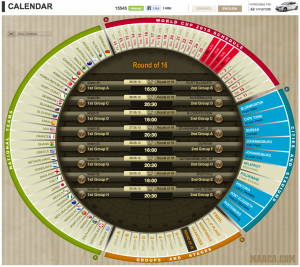I came across this older article by Tom Jenkins from Globe and Mail that makes the case for investment in digital content. The article, It’s time for Canada’s digital revolution (Monday, March 2, 2009), is by Tom Jenkins, executive chairman and chief strategy officer of Waterloo’s Open Text Corp. He is also on the SSHRC council.
The Obama administration has made IT infrastructure and digital content a top and multibillion-dollar priority. The European Union has just launched a massive expansion in European digital content as part of its digital commercialization strategy. With only 1 per cent of Canada's content on the Web, we are falling behind the rest of the world as other countries pull ahead in the race to put their information online. Canada must keep pace in the fast-moving digital revolution. …
Library and Archives Canada, with strong support from the private and university sectors, has a plan to digitize Canadian content and is ready with the digital equivalent of a shovel-ready knowledge infrastructure project. It is time to implement. To succeed, we have to move quickly to take advantage of our strengths and opportunities.
This is the first public mention I’ve seen of an initiative to digitize Canadian content on a large scale. There has been discussion that OpenText (which got started with the New OED project) would support such a project. Let’s do it!



